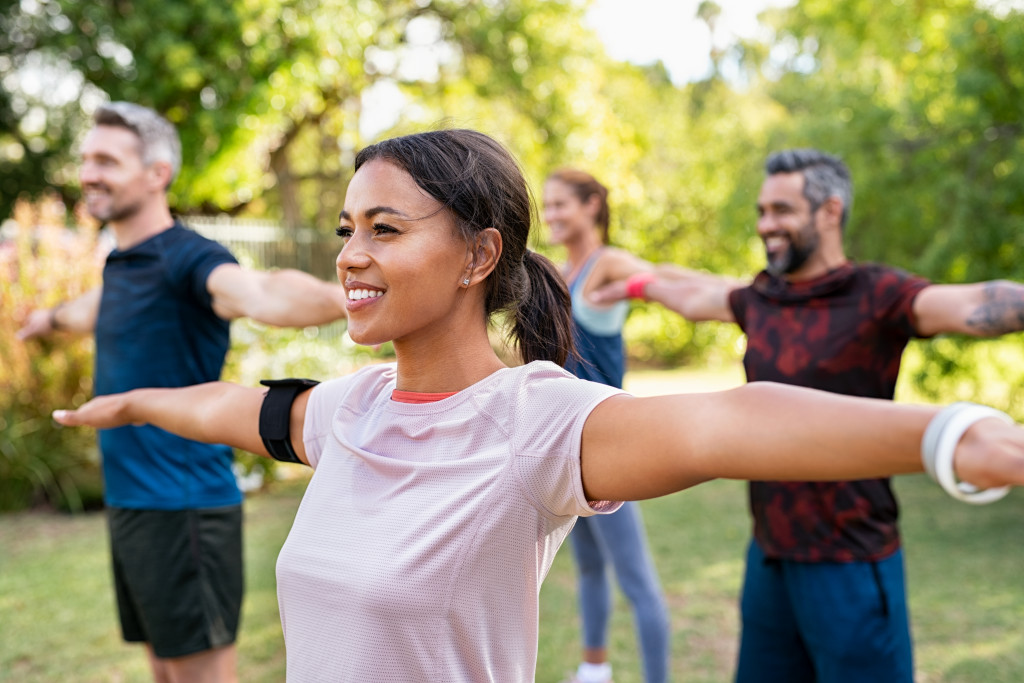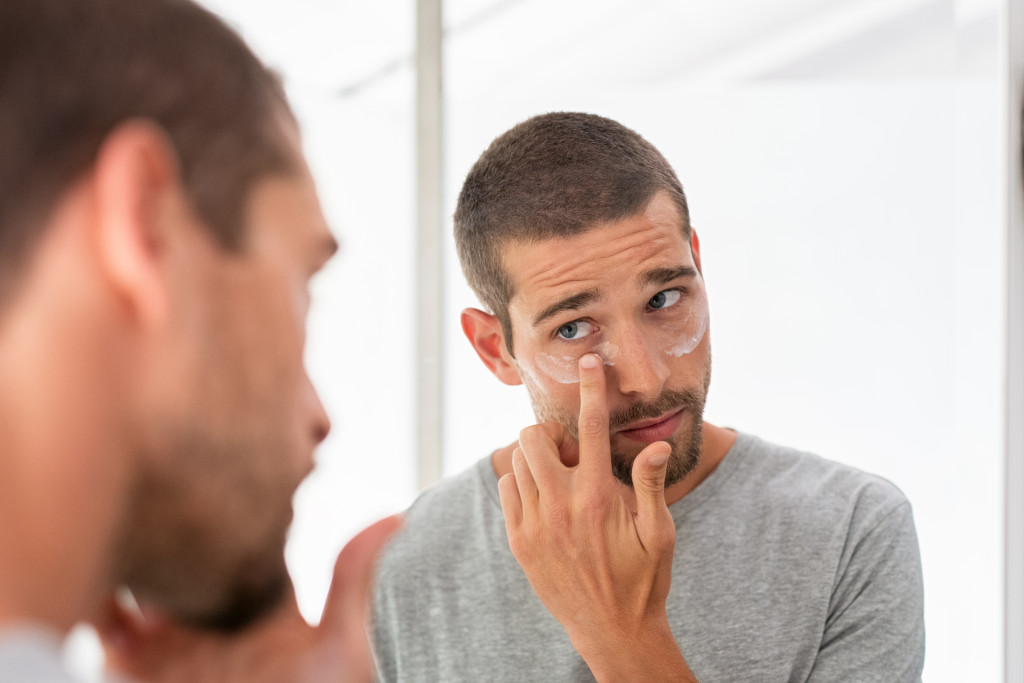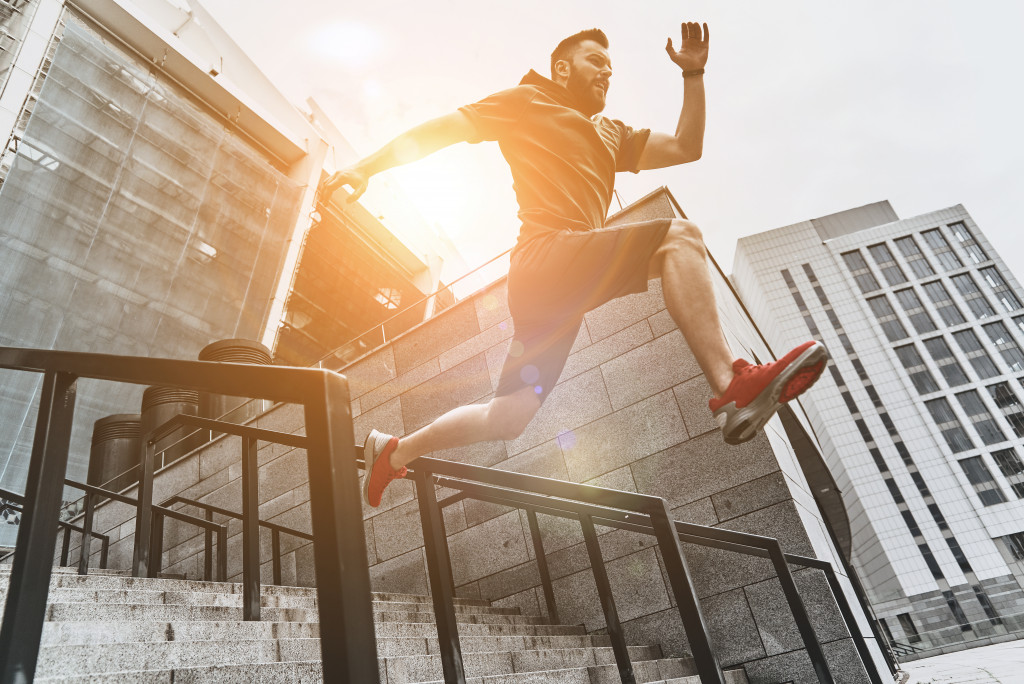- Sports performance heavily depends on visual cues, with 80% of information processed during sports coming from vision.
- Hand-eye coordination, depth perception, peripheral vision, eye tracking, and visual acuity are vital for athletic performance.
- Activities that enhance precision, timing, and focus can improve these visual skills necessary for sports.
- Options like eye surgery, vision therapy, and proper eye care can help enhance visual performance in sports.
- Prioritizing eye health can enhance athletes’ performance and success in their chosen sport.
If you’ve ever played a sport, you know that eyesight is crucial to your performance. Whether sprinting down the soccer field or hitting a baseball, your vision is critical to completing the task. But just how vital is your eyesight when it comes to sports performance? Here’s what you need to know about sports participation today, how your vision can affect your performance, and what you can do to improve it.
Sports in America
It’s estimated that about 232 million Americans participate in sports. This is a staggering number, and it’s only growing every year. From children playing in recreational leagues to adults participating in organized competitions, sports are deeply ingrained into American culture.
Why Vision is Important in Sports Performance
Regarding sports performance, the role of vision cannot be overstated. Research has shown that more than 80% of information processed while playing sports comes from visual cues. This means having a clear vision is crucial in making split-second decisions on the field. Without good vision, you may struggle to track moving objects, judge distances accurately, and anticipate the movements of opponents or teammates. Here’s a deeper look into that:
1. Hand-Eye Coordination
One of the primary ways that your vision affects sports performance is through hand-eye coordination. This is the ability to process visual information and use it to guide the movements of your hands. In most sports, hand-eye coordination is essential, as it allows you to track a moving object (like a ball) and accurately hit or catch it. If you don’t have good hand-eye coordination, you may struggle with tasks like catching a football or hitting a tennis ball. To improve your hand-eye coordination, try practicing activities that require precision and timing, like juggling or catching a ball with a partner.

2. Depth Perception
Another important visual skill for sports is depth perception. This refers to your ability to perceive the distance between yourself and objects, and it allows you to accurately judge where to move or how hard to hit a ball. If you have poor depth perception, you may struggle with tasks like hitting a golf ball or making accurate throws in baseball. To improve your depth perception, try practicing activities that involve depth perception exercises, such as throwing a ball at a target or doing visual puzzles that require you to judge distances.
3. Peripheral Vision
Peripheral vision is also essential for sports performance, especially in team sports like basketball or soccer, where you must be aware of what’s happening around you. This refers to your ability to see objects and movement outside of your direct line of vision. Without good peripheral vision, you may miss important cues from your teammates or opponents. To improve your peripheral vision, try exercises that involve focusing on objects in your peripheral vision, like a game of catch using only your peripheral vision.
4. Eye Tracking
Eye tracking is another visual skill that is helpful for sports players. This refers to your ability to follow moving objects with your eyes, which is crucial for tennis or volleyball, where you must track the ball to make successful hits or passes. If your eye tracking is poor, you may struggle with these sports and miss opportunities to make plays. To improve your eye tracking, practice tracking moving objects with your eyes, like watching a passing car or following a bird in flight.
5. Visual Acuity
Finally, good visual acuity is essential for sports performance. This refers to your ability to see clearly and sharply, and it’s important for tasks like reading the numbers on a scoreboard or the spin of a ball. If you have poor visual acuity, you may struggle with tasks like aiming a shot or reading the cues of your opponent. To improve your visual acuity, try exercises that enhance your focusing ability, like reading small text or practicing eye exercises.
Ways to Improve Your Vision for Sports Performance
If you’re an athlete looking to improve your vision for sports performance, here are some tips that can help:
Eye Surgery
If your vision has been corrected with glasses or contact lenses, you may want to consider eye surgery as a more permanent solution. Procedures like the well-researched LASIK eye surgery can improve your vision significantly and eliminate the need for corrective lenses during sports activities. Studies have also shown that it can reduce your risk of injury from glasses or contacts during physical activity.
Vision Therapy
Vision therapy is physical therapy for the eyes that can improve your visual skills and abilities. It involves various exercises and activities designed to train and strengthen the eye-brain connection, improving visual performance. Vision therapy can help with specific vision issues like hand-eye coordination, depth perception, and eye tracking, making it an excellent option for athletes looking to enhance their vision skills.

Proper Eye Care
Taking care of your eyes is crucial for overall visual health. This includes getting regular eye exams, wearing protective eyewear during sports activities, and taking breaks from screen time to reduce eye strain. By maintaining good eye health, you can ensure that your vision remains clear and sharp, allowing you to perform at your best on the field.
Your vision plays a vital role in sports performance. From hand-eye coordination to depth perception and peripheral vision, having good visual skills is essential for success in sports. By understanding the importance of vision and taking steps to improve it, athletes can enhance their performance and stay at the top of their game. So, make sure to prioritize your eye health and give yourself the best chance for success in any sport you choose to play.

